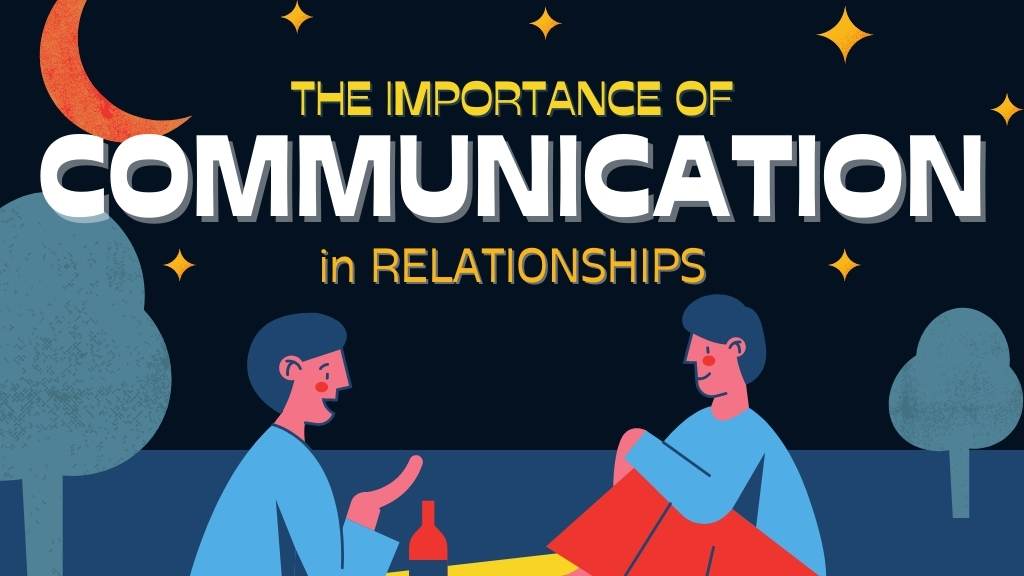The Importance of Communication in Relationships
Communication is the foundation of any healthy relationship, whether it’s marriage or dating. It allows individuals to express their thoughts and feelings, build understanding and trust, and resolve conflicts in a positive and productive manner. In this post, we’ll explore the importance of communication in relationships and provide tips for improving it.
A. The role of communication in building understanding
Effective communication allows individuals to share their thoughts and feelings in a way that is clear and concise. This helps people understand each other better and can make them feel closer to each other. When both parties feel understood, they are more likely to feel valued and appreciated by their partner.
B. The role of communication in building trust
Trust is an important part of any healthy relationship, and the best way to build and keep trust is through good communication. People show that they care about their partner’s feelings and are willing to be vulnerable with them when they talk openly and honestly. This leads to a greater sense of trust between the individuals in the relationship.
C. The role of effective communication in resolving conflicts
Conflicts are a normal part of any relationship, but effective communication can help to resolve them in a positive and healthy way. When individuals are able to communicate their needs and concerns in a respectful and productive manner, it can lead to a deeper level of understanding and a resolution to the conflict. This allows the relationship to grow and flourish.
Ways to Improve Communication in Relationships
A. Practice active listening.
Active listening involves fully engaging in the conversation and paying attention to what the other person is saying. It requires setting aside distractions and focusing on the speaker’s words, tone, and body language. This helps to build understanding and can prevent misunderstandings.
B. Be honest and open
Honesty is a key component of effective communication. It requires individuals to be open and transparent about their thoughts, feelings, and intentions. This can lead to a greater sense of trust and prevent conflicts from escalating.
C. Avoid negative language
Negative languages, such as criticism and blame, can be damaging to relationships. It can create defensiveness and lead to conflicts. Instead, focus on using positive language that emphasizes constructive feedback and promotes understanding.
D. Validate feelings
Validating someone’s feelings means acknowledging and accepting their emotions without judgment. It involves demonstrating empathy and understanding. This can help to build trust and foster intimacy in relationships.
E. Seek professional help if needed.
If communication in a relationship is consistently challenging, seeking professional help can be beneficial. A couples therapist or counselor can provide guidance and tools for improving communication and resolving conflicts.
Communication Barriers in Relationships
A.Cultural and language differences
Different cultural backgrounds and languages can create barriers to effective communication. It’s important to be aware of these differences and to make an effort to understand and respect them. This can involve learning about other cultures and languages, using simple language, and being patient and attentive.
B. Different communication styles
Individuals have different communication styles, such as direct or indirect communication. It’s important to be aware of these differences and to adjust one’s own style accordingly. This can involve listening carefully, asking questions for clarification, and being open-minded.
C. Emotional barriers
Emotional barriers, such as defensiveness and mistrust, can also create communication barriers. It’s important to address these emotions and work on building trust and understanding. This can involve being honest and transparent, validating feelings, and seeking professional help if needed.
Conclusion
In conclusion, communication is critical in any relationship. It plays a key role in building understanding and trust, resolving conflicts, and fostering intimacy. By practicing active listening, honesty, positive language, and empathy, individuals can improve communication in their relationships. It’s also important to be aware of communication barriers.

